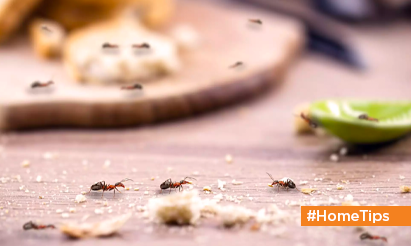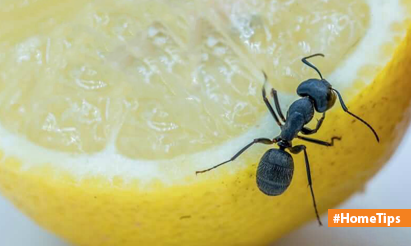Navigating Cyclone Hazards: Best Practices for Before, During, and After the Event!
Cyclones are powerful and destructive natural phenomena that can cause significant damage to life and property. It is essential to be prepared and informed about safety measures to minimize the risks associated with cyclones. In this blog post, we will provide you with crucial safety tips to follow before, during, and after a cyclone, ensuring the well-being of yourself, your loved ones, and your community.
- Before a Cyclone: a. Stay informed: Keep track of weather updates and warnings issued by local authorities. Stay tuned to official sources of information such as meteorological departments and disaster management agencies.
b. Emergency kit: Prepare an emergency kit containing essential supplies like non-perishable food, drinking water, medications, flashlights, batteries, first aid supplies, and important documents. Store these supplies in a readily accessible place.
c. Secure your property: Secure loose objects, such as outdoor furniture and garden equipment, to prevent them from becoming projectiles during strong winds. Reinforce doors, windows, and roofs, and trim tree branches that could pose a threat.
d. Evacuation plan: Familiarize yourself with the evacuation routes and designated shelters in your area. Plan and discuss evacuation procedures with your family members. Identify a safe place to stay during the cyclone if you need to evacuate.
- During a Cyclone: a. Stay indoors: Seek shelter indoors and stay away from windows, glass, and exterior walls. Choose a small, interior room on the ground floor as the safest place.
b. Stay connected: Keep your mobile phone charged and have a battery-operated radio for updates in case of power outages. Follow instructions from local authorities and emergency services.
c. Water safety: Avoid going near rivers, beaches, or low-lying areas that may be prone to flooding. Stay away from floodwaters, as they can be dangerous due to hidden debris and strong currents.
d. Be cautious of flying debris: Stay away from doors and windows during strong winds. If necessary, use mattresses or heavy furniture to create a protective barrier against flying debris.
- After a Cyclone: a. Safety first: Wait for official announcements that it is safe to venture outside. Be cautious of fallen power lines, damaged structures, and flooded areas. Report any hazardous situations to the appropriate authorities.
b. Check for damages: Inspect your property for damages, including structural damage, gas leaks, electrical hazards, and water supply issues. Take photographs of the damages for insurance purposes.
c. Clean water and food: Ensure a safe water and food supply. Boil tap water or use bottled water until authorities declare the water supply as safe. Dispose of perishable food items that may have spoiled during power outages.
d. Community support: Offer assistance to neighbors, especially those who are vulnerable or in need of help. Work together with your community to support the recovery and rebuilding process.
Conclusion: Cyclones can be unpredictable and potentially dangerous events. By following these safety tips before, during, and after a cyclone, you can significantly reduce the risks and ensure the safety of yourself and your loved ones. Remember, preparedness, staying informed, and acting responsibly are key to staying safe during such extreme weather events. Stay vigilant, seek official guidance, and prioritize the well-being of your community during these challenging times.
Disclaimer: The views expressed above are for informational purposes only based on industry reports and related news stories. PropertyPistol does not guarantee the accuracy, completeness, or reliability of the information and shall not be held responsible for any action taken based on the published information.




